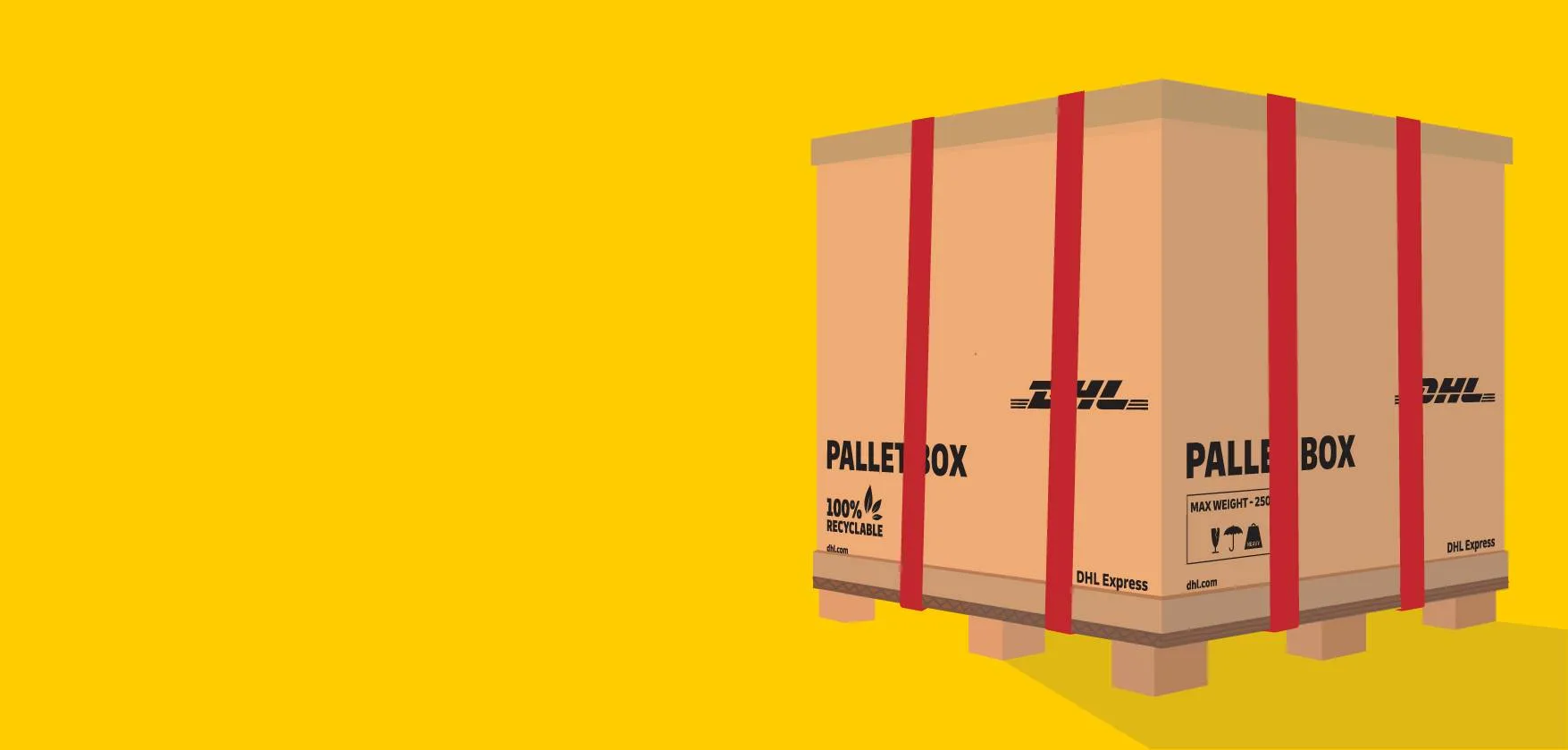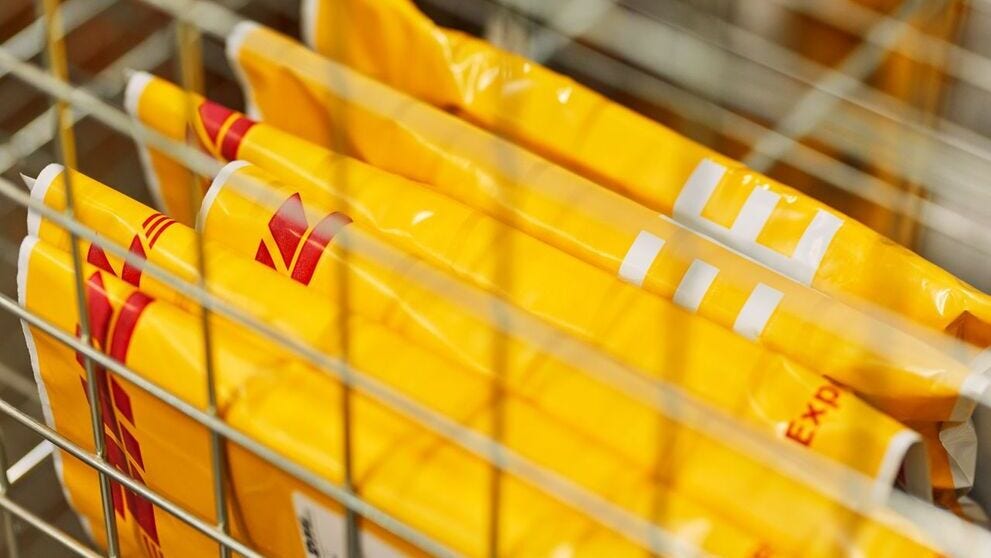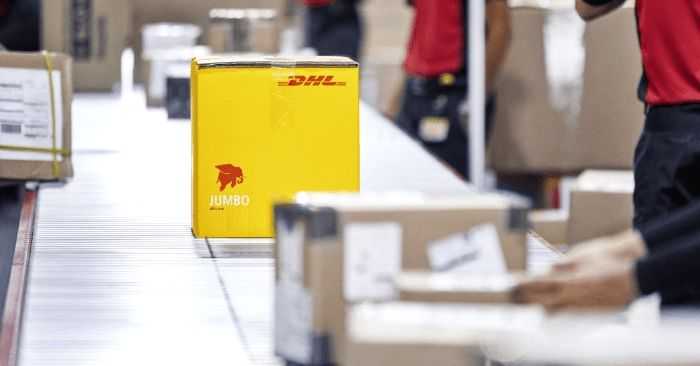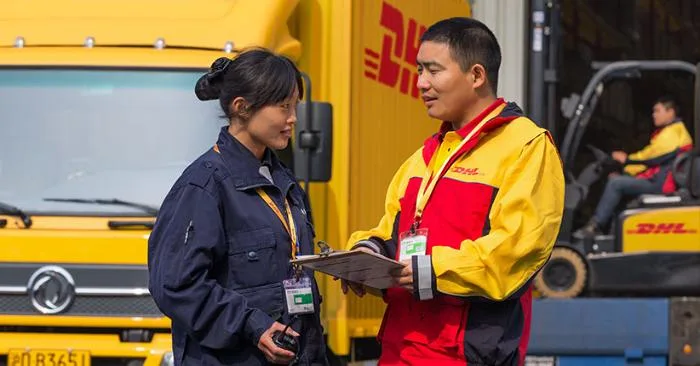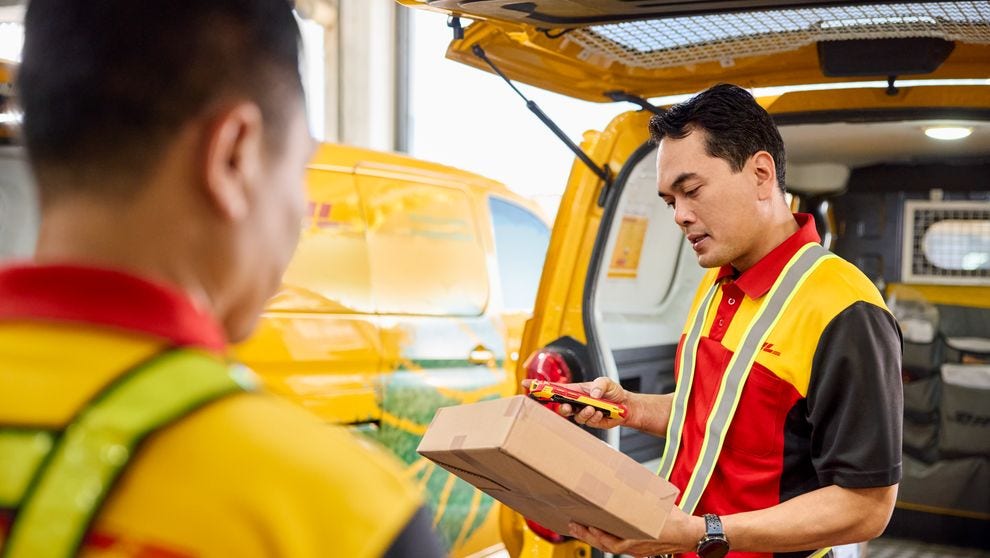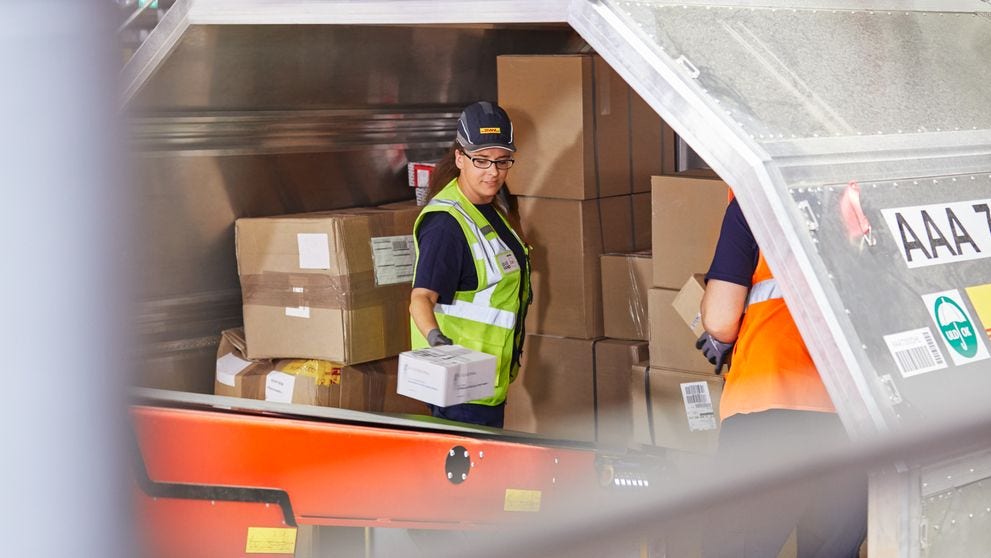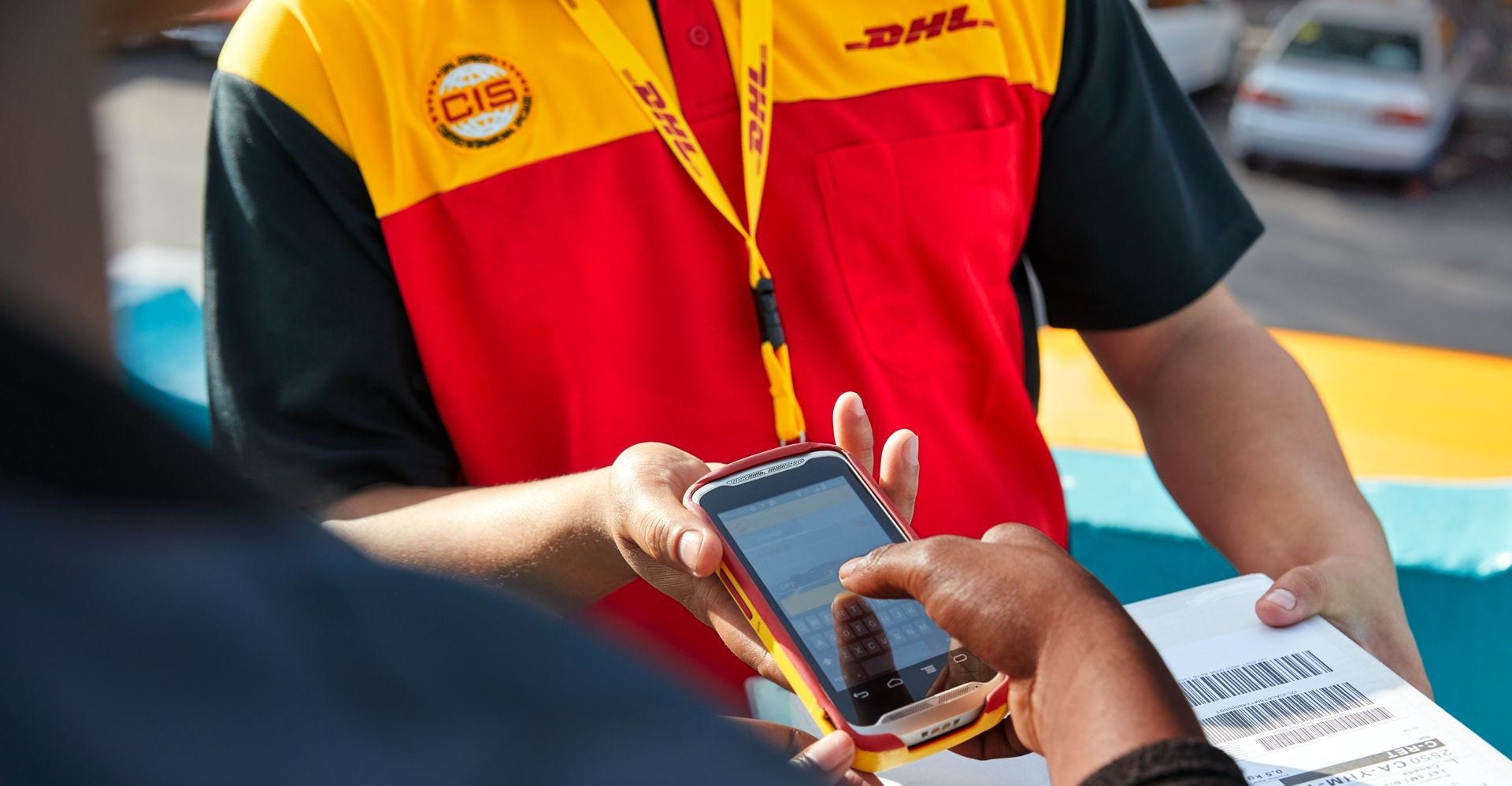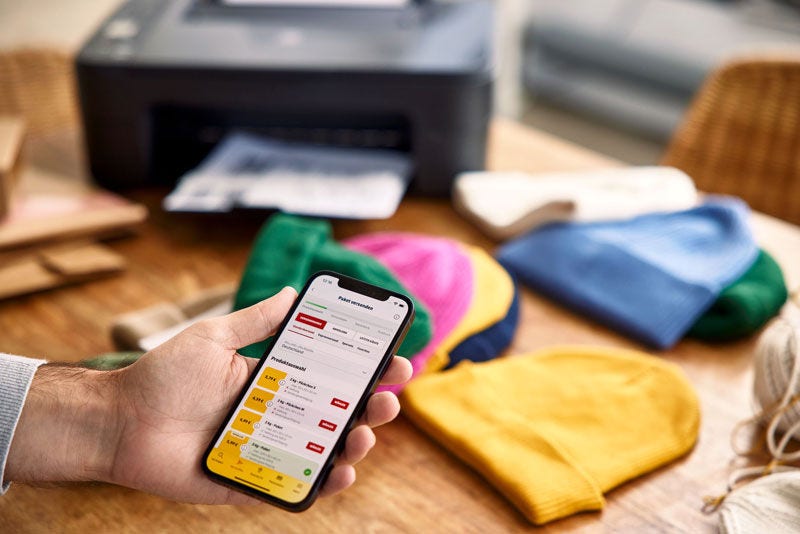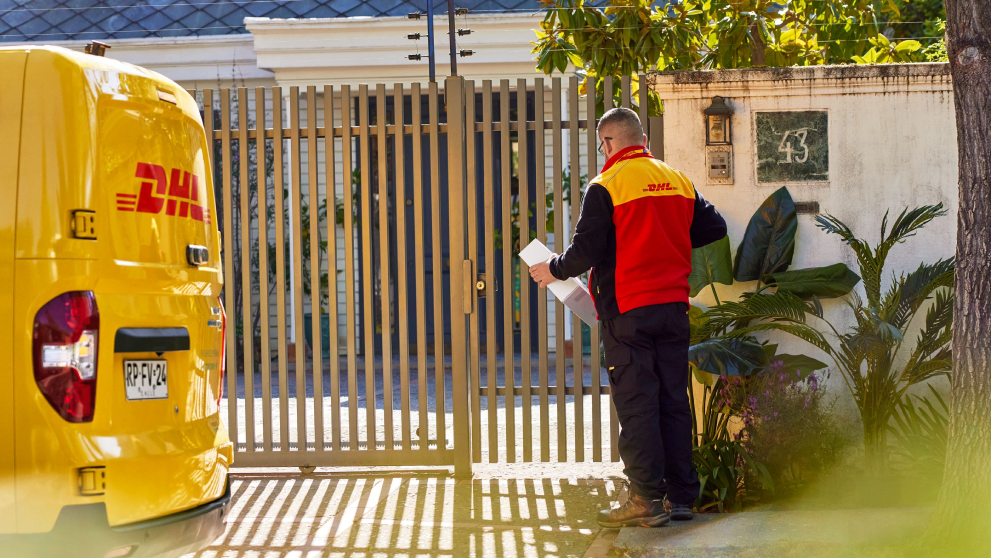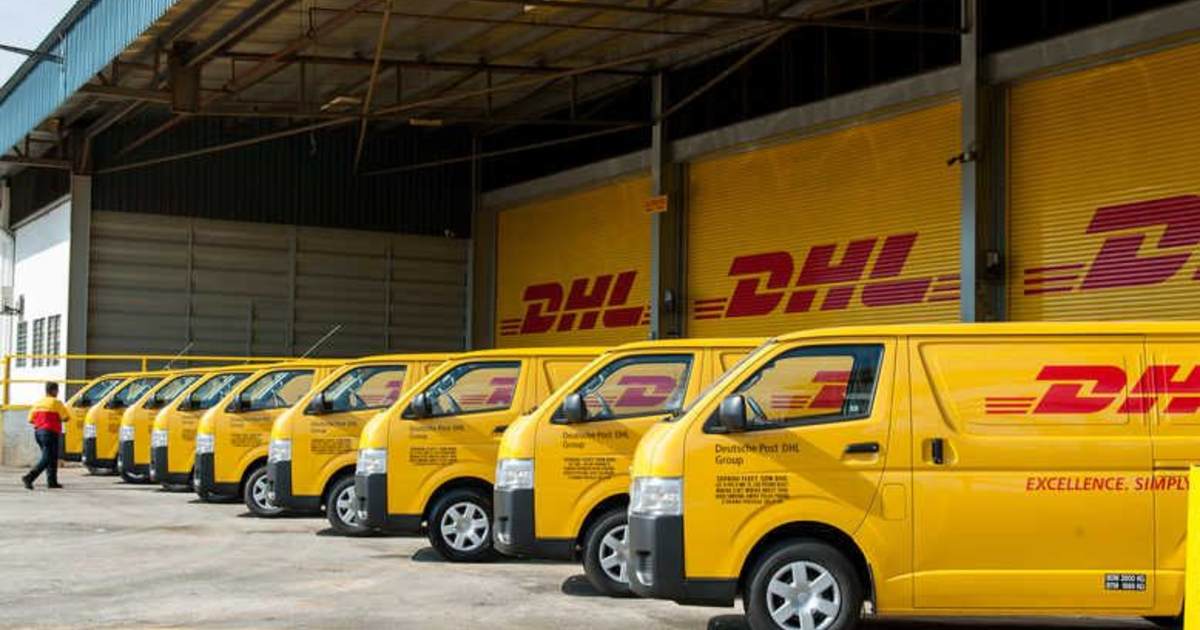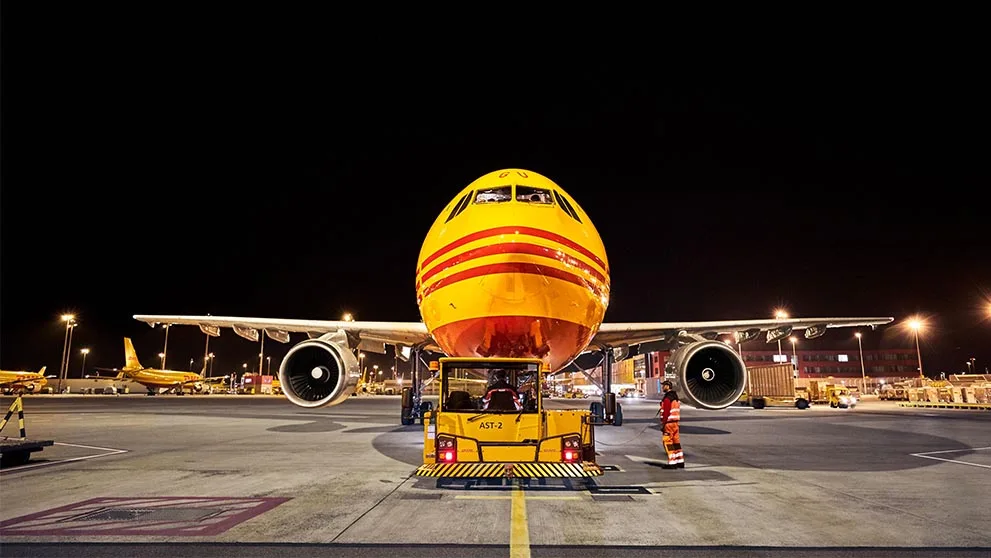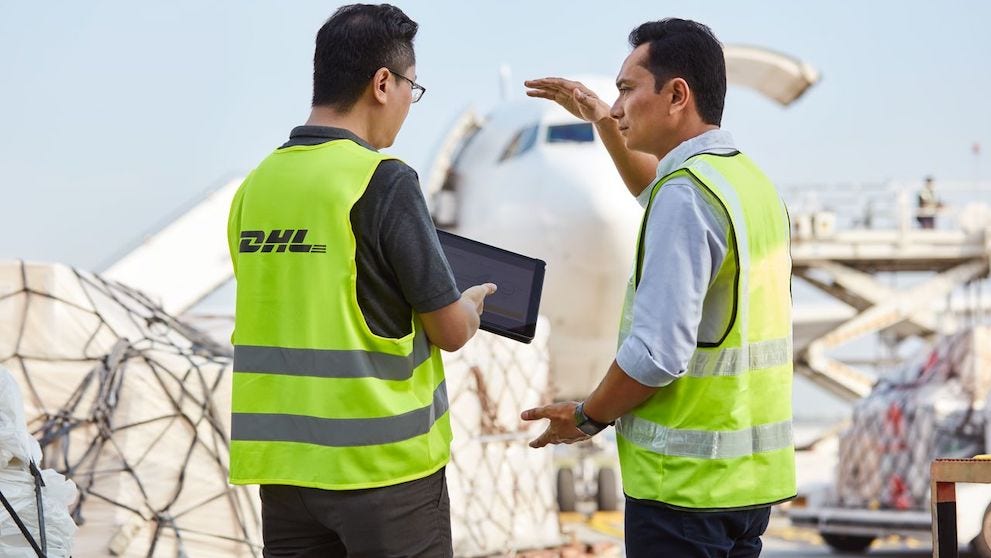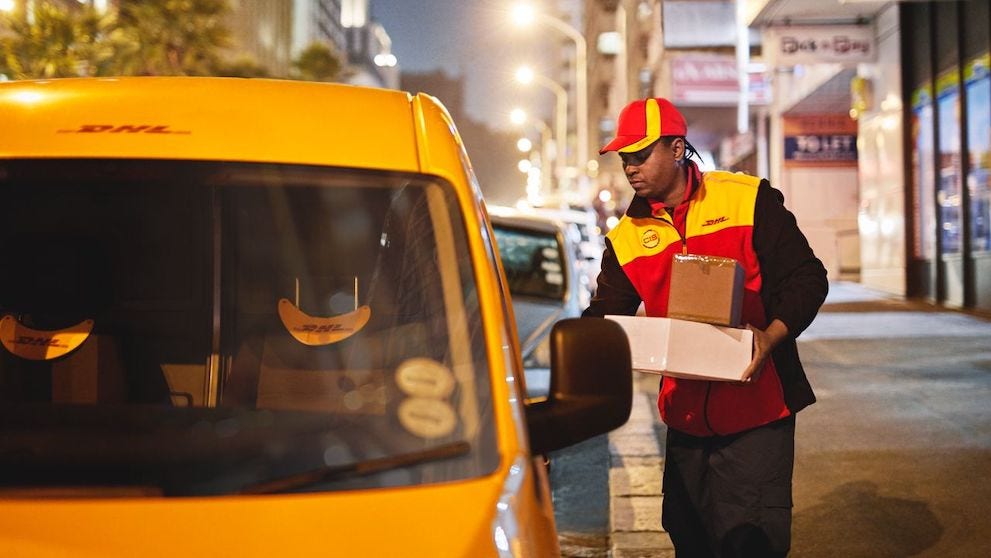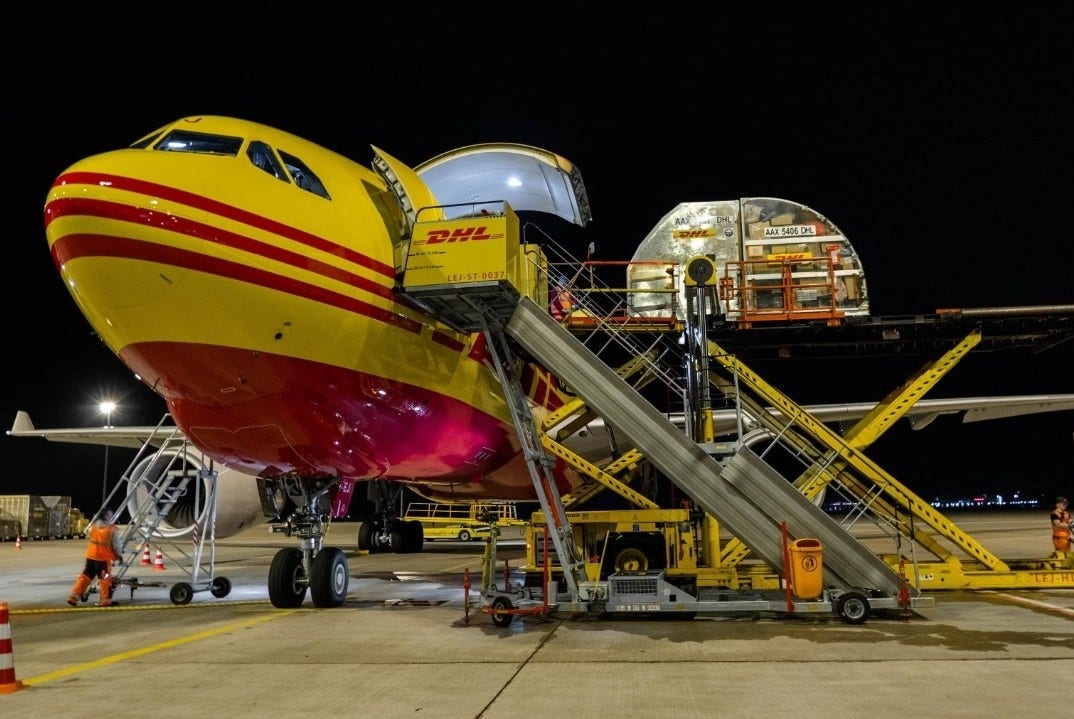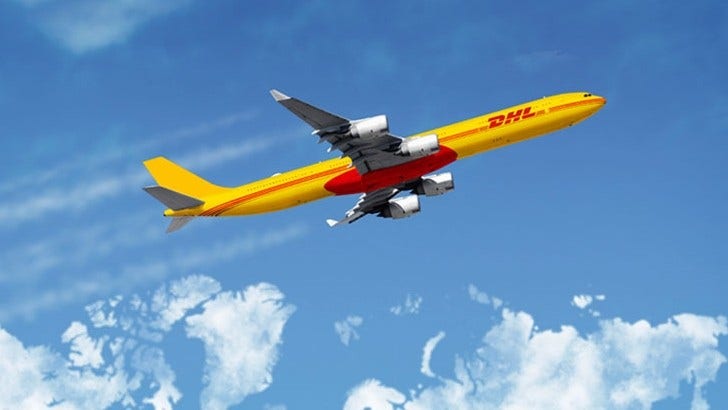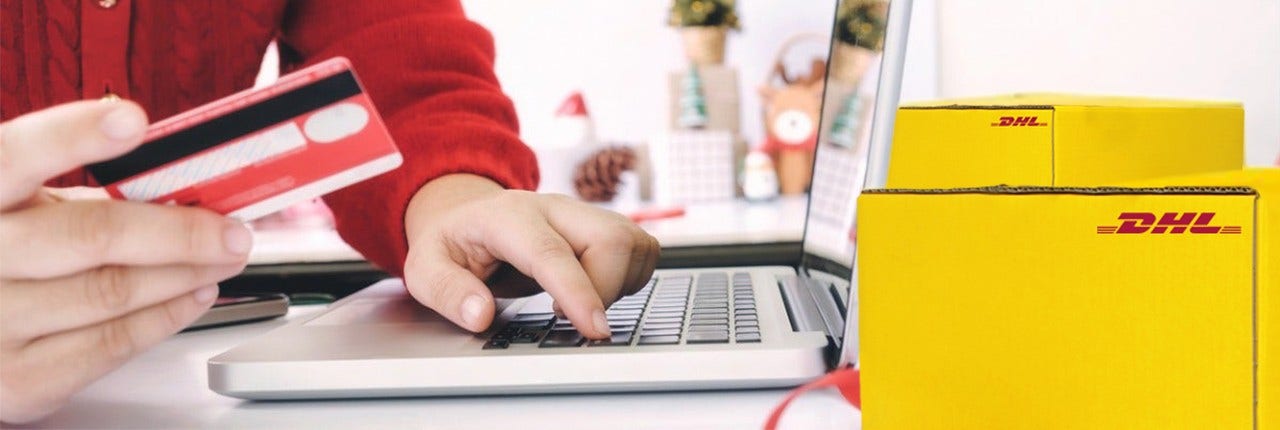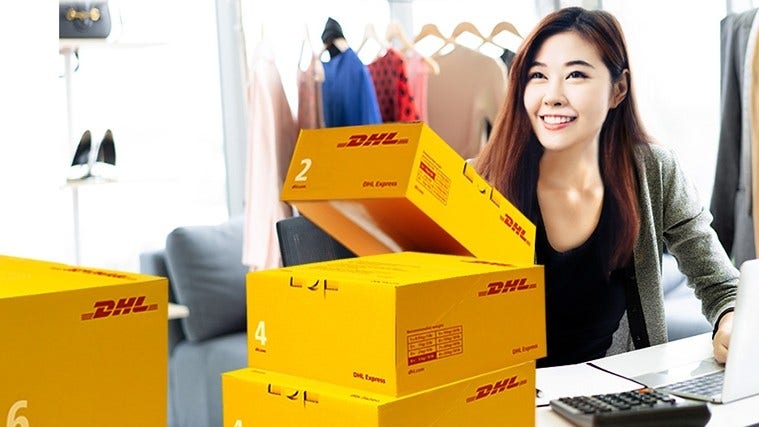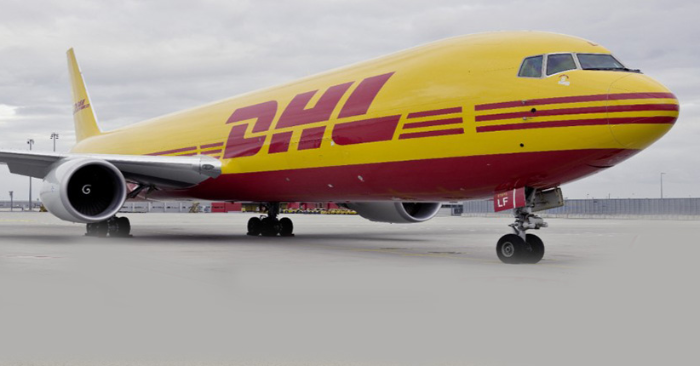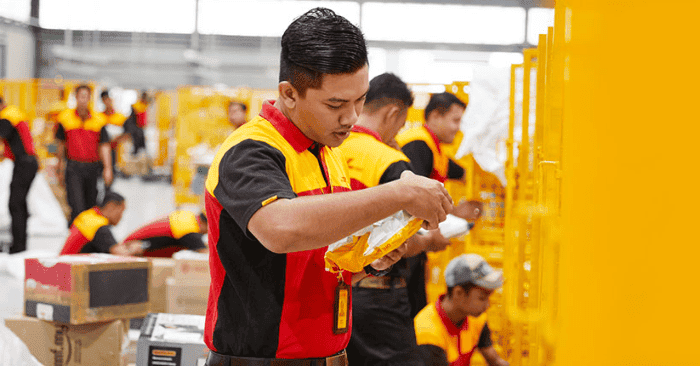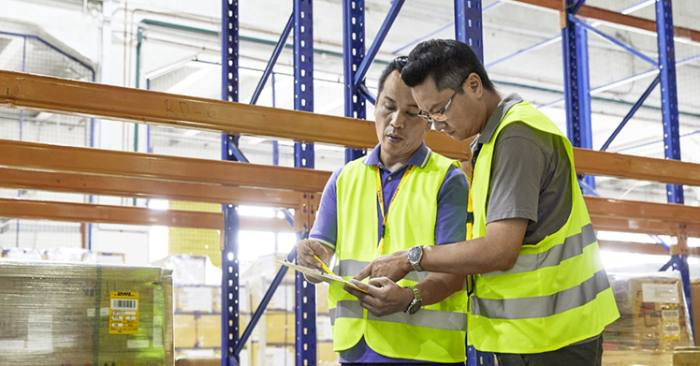
What is Certificate of Origin (COO) and its key role in international trade
Thinking about expanding your business internationally? There's one document that is typically required in most import and export shipments—the certificate of origin (COO).
Understanding what the certificate of origin is and how to leverage it properly could be the difference between costly compliance mistakes and strategic international growth.
What is a Certificate of Origin (COO) in shipping?
A certificate of origin is an official document that verifies where your product was produced, manufactured, or processed. Think of the COO document as your product's birth certificate.
When businesses export goods internationally, customs authorities in both the exporting and importing countries require this certification to clear products through customs and determine applicable duties. The COO verifies that goods are eligible for import and don't fall under restricted or prohibited categories, allowing customs officials to screen shipments efficiently.
Beyond basic customs clearance, the COO plays a crucial role in trade benefits. Numerous free trade agreements exist between countries for cross-border trade, allowing preferential treatment for goods originating from partner nations. A certificate of origin determines whether your goods qualify for reduced tariffs and preferential duties under these bilateral or multilateral agreements, potentially saving your business significant costs.
For Singapore-based exporters, understanding when a certificate of origin is required is crucial for smooth international operations. Companies must check if they require a certificate of origin before exporting goods from Singapore to other countries to ensure compliance and avoid costly delays.
Is COO mandatory?
Yes, a COO is mandatory in most international shipping scenarios, though requirements vary by destination country and product type. The COO certification is a standalone document, separate from your commercial invoice and packing list, meaning it must be prepared as its own distinct declaration highlighting all necessary information to verify your products' authenticity and import eligibility.
Having proper COO certification ensures smooth customs clearance and helps your business avoid unnecessary complications. With the right documentation, your goods move through customs efficiently, you access preferential trade benefits that can save thousands, and you maintain a strong reputation with customs authorities and trading partners. Proper COO documentation also protects your business from penalties, prevents shipment delays, and ensures your goods reach their destination without being held or returned at your expense.
Types of COO
Understanding which type of COO document your shipment requires is essential for maximizing cost savings. There are two main types of COOs:
- Non-preferential COO — Also called an ordinary certificate of origin, this certificate declares that the goods do not qualify for reduced tariffs under the free trade agreement, only stating the origin of the goods.
- Preferential COO — This certificate proves that the goods qualify for reduced rates and preferential tariffs under the free trade agreement between the trading countries.
What is the difference between CoC and COO?
A Certificate of Conformity (CoC) is a document that verifies your products meet specific technical standards, safety regulations, or quality requirements set by the importing country. It's typically issued by testing laboratories, certification bodies, or manufacturers themselves to prove regulatory compliance.
While they sound similar, a Certificate of Conformity (CoC) and a Certificate of Origin (COO) serve distinctly different purposes in international trade.
Certificate of Origin (COO):
- Confirms where a product was manufactured or produced, focusing on geographic origin
- Used primarily for customs clearance and tariff determination
- Required by customs authorities to apply the correct duty rates
- Enables access to preferential trade agreements
Certificate of Conformity (CoC):
- Verifies that products meet specific technical standards and regulations
- Confirms compliance with the safety, quality, or performance requirements of the importing country
- May be required by regulatory bodies such as standards organizations or health authorities (not just customs)
- Focuses on product specifications and regulatory compliance
- Often required for electronics, toys, medical devices, and other regulated products
While some shipments may require both documents, they cannot substitute for each other. Your business may need to obtain a COO for customs purposes and a CoC for regulatory compliance, depending on your product and destination market requirements.
Countries and products that require a certificate of origin
Any country can require a COO for any product during its import, so it is always a good idea to check with the importing country’s customs authorities or the chamber of commerce of your country to determine if a certificate of origin is required or not.
Almost all countries with which Singapore has free trade agreements require a certificate of origin when exporting products from here. These countries include the following and more:
Country | Free Trade Agreement | COO Applicable |
China-Singapore Free Trade Agreement (CSFTA) | Form D/E – ASEAN-China Free Trade Area Preferential Tariff Certificate of Origin | |
European Union | European Union-Singapore Free Trade Agreement (EUSFTA) | Statement of Origin/EUR.1 |
India-Singapore Comprehensive Economic Cooperation Agreement (CECA) | Form AI | |
Japan-Singapore Economic Partnership Agreement (JSEPA) | Form JSEPA | |
Korea-Singapore Free Trade Agreement (KSFTA) | Form KS | |
Singapore-Australia Free Trade Agreement (SAFTA) | Form SG-AU | |
United Kingdom-Singapore Free Trade Agreement (UKSFTA) | Statement of Origin (Annex A of the UKSFTA can be used for reference) | |
United States-Singapore Free Trade Agreement (USSFTA) | Self-certification |
Products that commonly require COO certification
Certain product categories have stricter documentation requirements. A certificate of origin is mandatory for shipping items such as:
- Agricultural products — Fresh produce, grains, processed foods, and beverages
- Textiles and apparel — Clothing, fabrics, footwear, and accessories
- Animal products — Meat, dairy, leather goods, and animal-derived materials
- Plant products — Flowers, seeds, wooden products, and plant-based materials
- Chemicals and pharmaceuticals — Industrial chemicals, medicines, and cosmetics
- Electronics and machinery — Computers, appliances, industrial equipment
- Automotive parts and vehicles — Cars, motorcycles, spare parts, and components
- Precious metals and jewelry — Gold, silver, diamonds, and finished jewelry pieces
CITES-regulated species
For animal and plant products, COO requirements are even more stringent. CITES (Convention on International Trade in Endangered Species of Wild Fauna and Flora) is an international agreement protecting endangered species from exploitation through trade. The Checklist of CITES species indicates:
- Which species can be exported with proper documentation
- Which species require extra protection and special permits
- Which species are prohibited from export or import entirely
Consulting the CITES database before shipping any animal or plant-derived products helps ensure your shipment complies with both COO and species protection requirements, avoiding delays and supporting global conservation efforts.
Note on substantial transformation: When goods contain materials from multiple countries, the country of origin is where the goods underwent a fundamental change in form, appearance, or character that adds significant value. For example, importing fabric and manufacturing it into finished garments in Singapore would make Singapore the country of origin for COO purposes.

Information included in a certificate of origin
A COO, being a vital export shipping document, must include comprehensive information to satisfy customs requirements:
- Name and address of the producer, exporter, and consignee
- The country of origin
- The country of export
- Means of transport and mode
- HS Code, weight, and quantities of products
- Declaration by the exporter
Ensuring accuracy in your COO certification helps maintain smooth customs clearance. Double-checking that all details match your actual shipment prevents delays and keeps your goods moving efficiently to their destination.
How to get a Certificate of Origin in Singapore
Obtaining your certificate of origin in Singapore is a straightforward process when you follow these steps:
Step 1: Register Your Product
Register your product with the relevant issuing authority:
- Singapore International Chamber of Commerce (SICC) for non-preferential COOs
- Singapore Customs for preferential COOs under FTAs
This establishes your eligibility and creates a record in the system.
Step 2: Submit Manufacturing Cost Statement
For preferential COOs, provide a manufacturing cost statement detailing:
- Raw material costs and their origins
- Labor costs
- Manufacturing overhead
- Value-added at each production stage
This proves your goods meet "rules of origin" requirements under the relevant free trade agreement.
Step 3: Apply and Collect the Certificate
Submit your COO application through the appropriate channel:
- For non-preferential COOs: Apply through the Singapore International Chamber of Commerce (SICC) online portal or in person
- For preferential COOs: Apply through Singapore Customs' TradeNet system
Processing typically takes 1-3 business days. You can collect the physical certificate or receive it electronically, depending on the destination country's requirements.
Pro tip: Maintain pre-approved product registrations and template cost statements to expedite the COO application process for regular shipments.
How DHL Express can make your customs clearance process smoother
Navigating international customs can be complex, but partnering with DHL Express simplifies the entire process. With an in-house team with expertise on international customs regulations and requirements, what could be a challenging clearance process becomes a seamless experience for your business. From broker notification and bonded transit to export declarations and shipping certificates, DHL Express handles the details so you can focus on growing your business.


